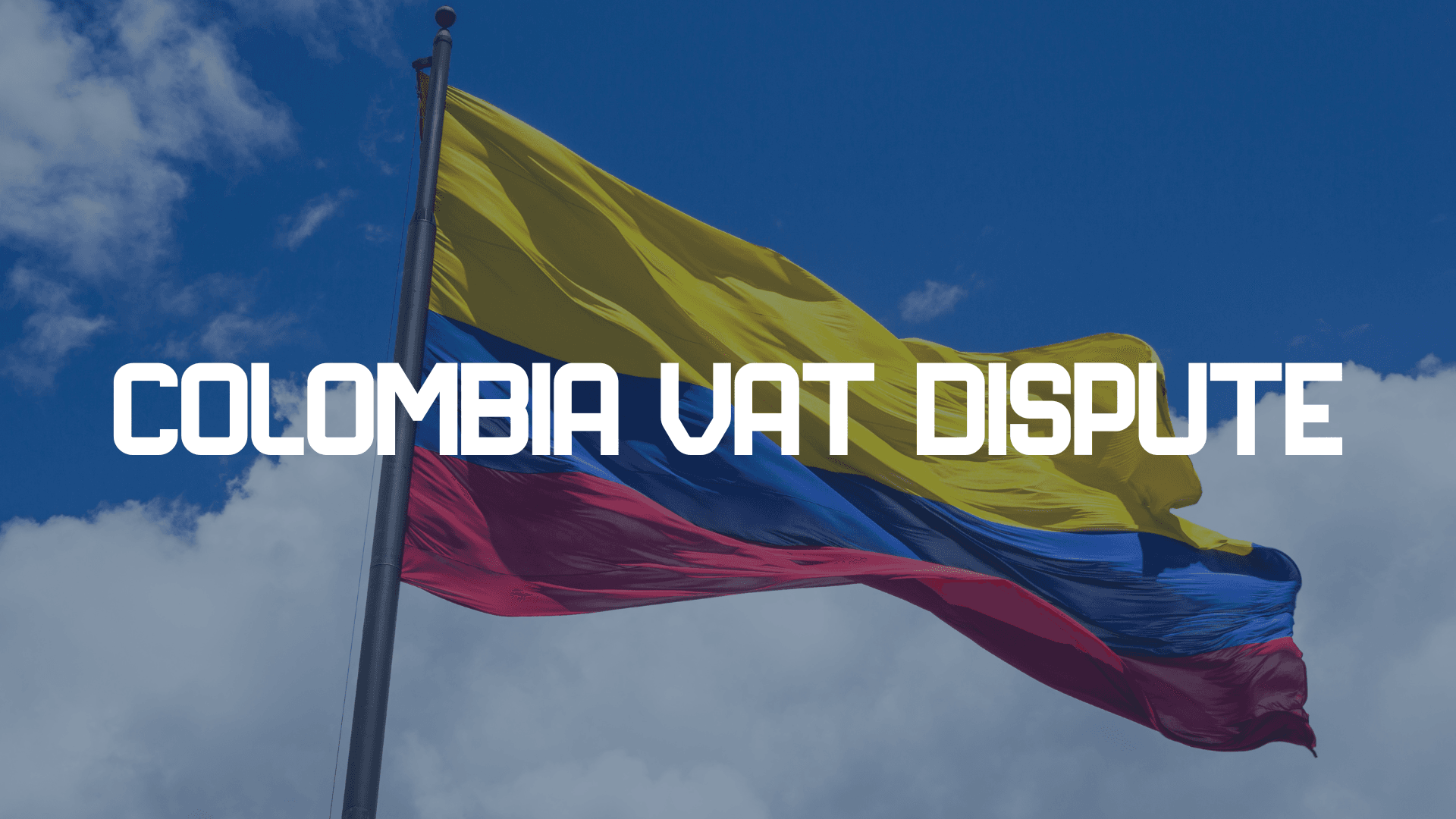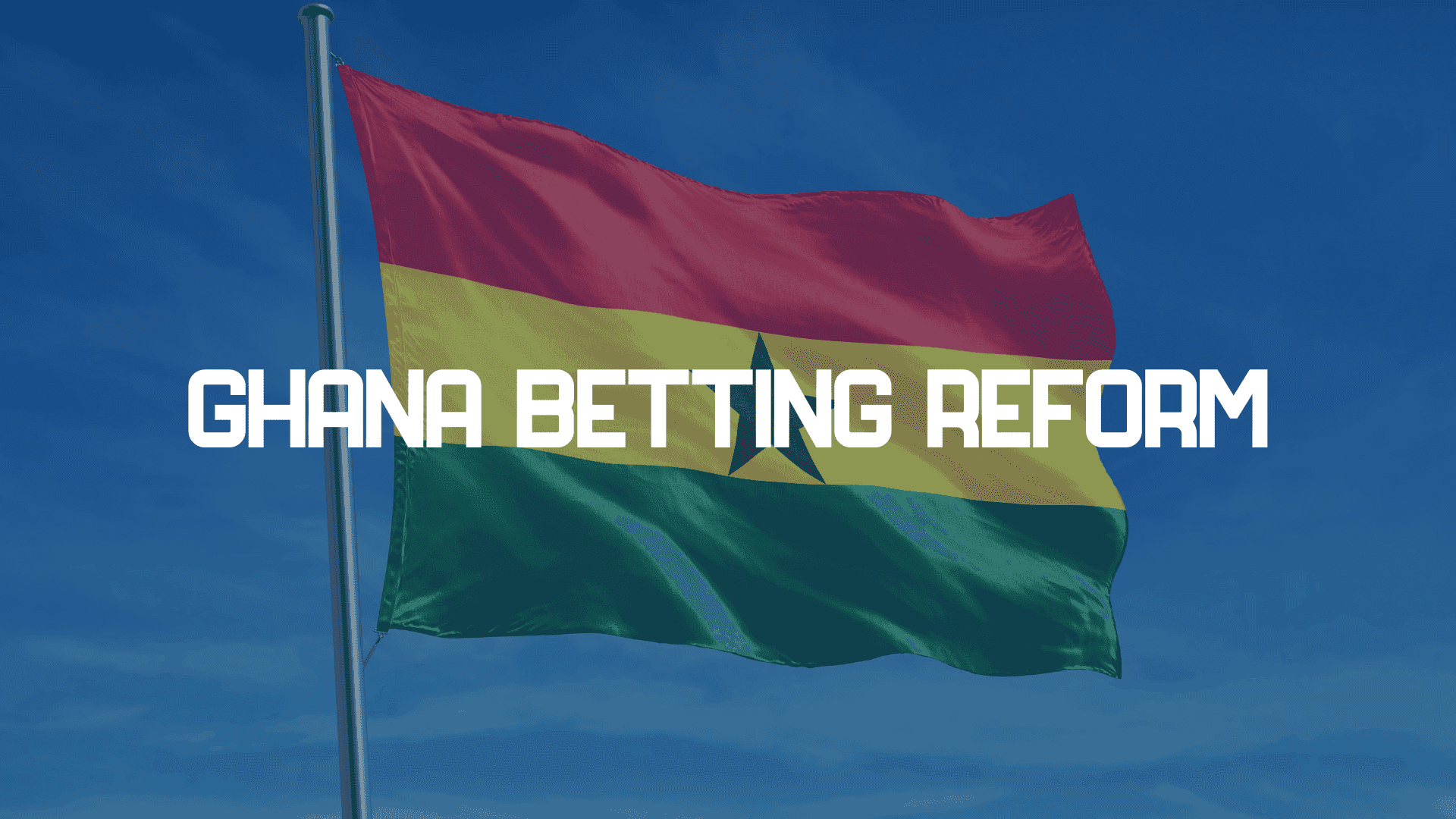Ghana has officially repealed the 10% withholding tax on betting, lottery, and gaming winnings, marking a decisive policy shift that is expected to reinvigorate the country’s iGaming ecosystem. The move follows sustained criticism from both consumers and industry stakeholders who viewed the tax as burdensome and detrimental to sector growth.
Tax Repeal Signals Government Responsiveness
The 10% tax, introduced in 2023, had quickly become a point of contention among bettors, operators, and economists. Critics argued that the withholding system reduced payout appeal, discouraged participation, and pushed many players toward unregulated or offshore platforms. With the new repeal, Ghana’s government is responding to these concerns, demonstrating an intent to align tax policy with evolving market dynamics and consumer behavior.
The abolition of this tax is seen as a significant boost to local operators, who had been facing competitive disadvantages due to reduced bettor returns and increased administrative complexities. Removing the tax not only improves the user experience but also helps rebuild trust and loyalty in regulated platforms.
Boosting the iGaming Ecosystem
For the iGaming industry, the tax repeal represents a substantial opportunity to regain momentum. Operators now have an improved proposition to offer bettors, which is likely to drive customer acquisition, higher engagement, and more frequent wagering. Additionally, platforms can redirect resources previously spent on tax compliance and dispute resolution toward innovation and marketing efforts.
Industry observers expect this change to have ripple effects throughout the ecosystem. Payment providers, affiliate marketers, and content creators focused on Ghana’s gaming market may all benefit from a resurgence in user activity and operator investment.
A Step Toward Sustainable Regulation
While the repeal provides immediate relief and growth potential, it also signals a broader shift toward more thoughtful and sustainable regulation of Ghana’s betting and gaming industries. Rather than imposing direct taxes on winnings, the government is expected to explore alternative revenue models that encourage compliance while supporting industry expansion.
This landmark decision places Ghana at the forefront of progressive iGaming policy in Africa—one that balances fiscal objectives with the need for innovation, inclusion, and long-term viability in a rapidly growing market.
Sources: iGaming Afrika, Ministry of Finance Ghana

Betsson Becomes Official Betting Partner of the Davis Cup

Betinia Expands Gamification Strategy with Diego Simeone ‘Football Manager’ Platform

Betty Expands Toronto Footprint with Argonauts and Toronto FC Deals

FeedConstruct Acquires Exclusive Global Rights to Argentine Basketball Leagues

Petro Pushes to Preserve Colombia’s Gambling VAT Amid Budget Pressure
2026 © Invixos. All rights reserved. A product by Jerom Verschoote.

